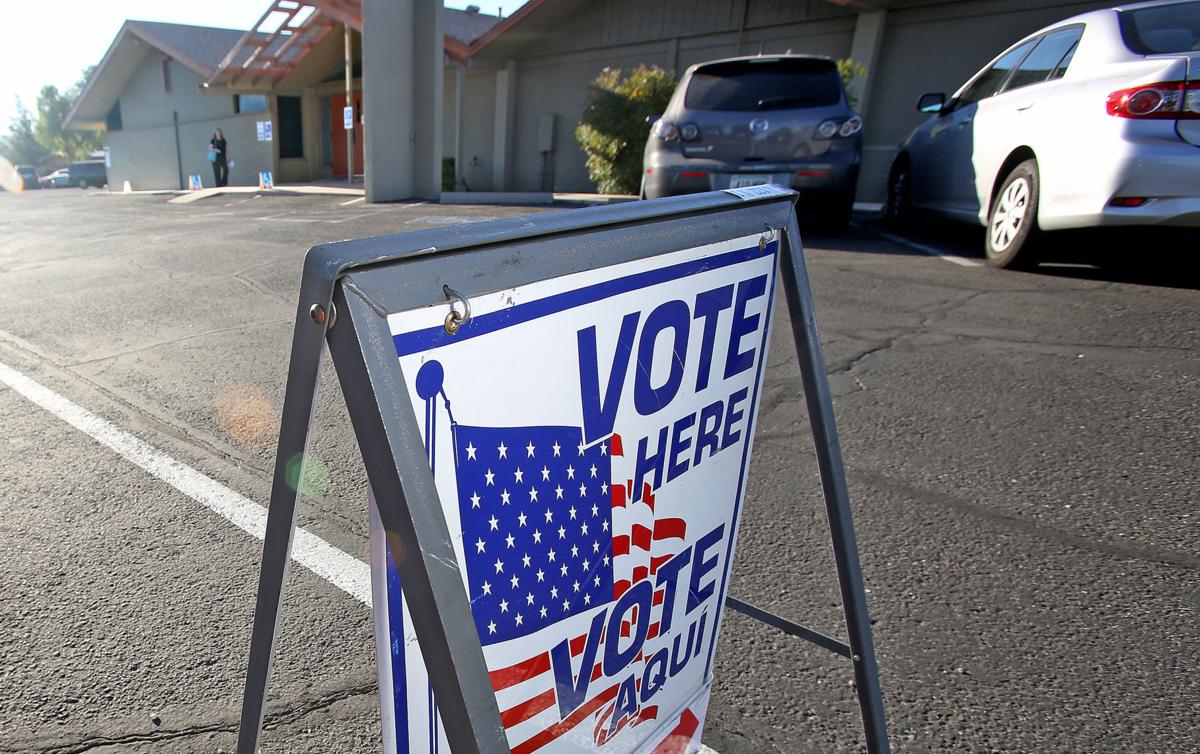PHOENIX — A federal judge has rejected a bid by a Democrat activist to void a 2016 law that makes “ballot harvesting” illegal and to allow the practice to resume for Tuesday’s primary.
In a ruling late Friday, Judge Douglas Rayes acknowledged that once an early ballot is put into an envelope it becomes “mail.” And he said federal law specifically allows private individuals to deliver mail as long as they do not charge a fee.
But Rayes rejected arguments by Rivko Knox that the ban on individuals delivering someone else’s ballot to polling places runs afoul of that federal law. He said the purpose of that law was simply to prevent others from competing financially with the U.S. Postal Service and undermining its revenues.
“Congress did not intend to supplant state control over the handling of early ballots,” the judge wrote.
Rayes was no more convinced by Knox’s argument that prohibiting her — and others —from collecting someone else’s ballots interfered with their First Amendment right to “facilitate” the speech of others, specifically their votes.
“She cites no case, and the court has found none, holding that an individual has a First Amendment right to provide gratuitous letter delivery services to third parties,” Rayes said.
Until 2016 there was no restriction on who could collect ballots.
That resulted in some civic groups and others going around neighborhoods to ask residents whether they remembered to mail back the early ballots they had requested.
If they had not, group members would offer to carry them to polling places, especially if the election was just a few days away and putting the ballots in the mail would not guarantee they would get delivered on time.
That year the Republican-controlled Legislature voted to make the practice a felony, punishable by up to a year in prison and a $150,000 fine.
Proponents said allowing others to handle ballots created an opportunity for fraud, including that groups doing the collection could choose whether to deliver a ballot based on how they believed the individual had voted.
Attorney Spencer Scharff, representing Knox, noted there has never been a proven case of that occurring in Arizona. And he said existing law already makes it a felony to tamper with someone else’s ballot.
Rayes also faulted Knox for waiting until this summer, just weeks before the election, to challenge the law. He said she clearly was aware of the provisions, having testified against the bill in 2016.





